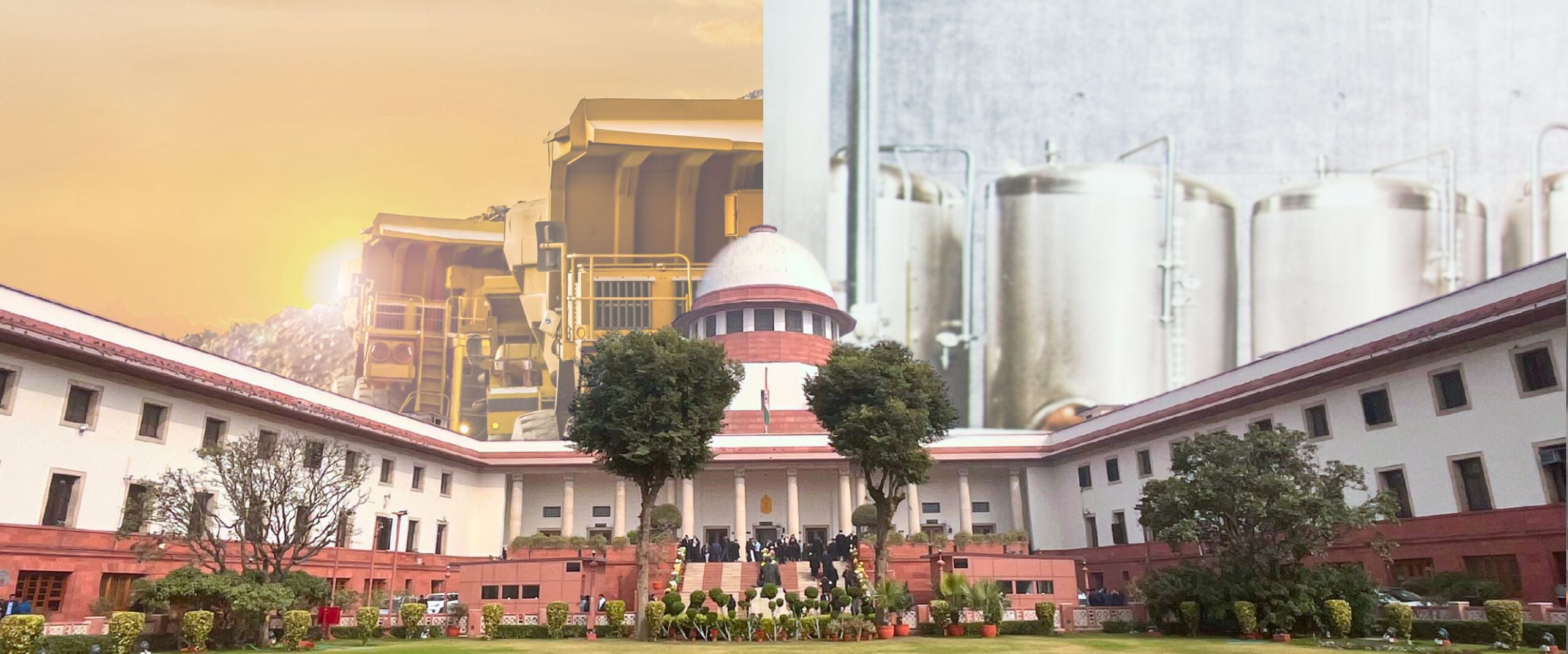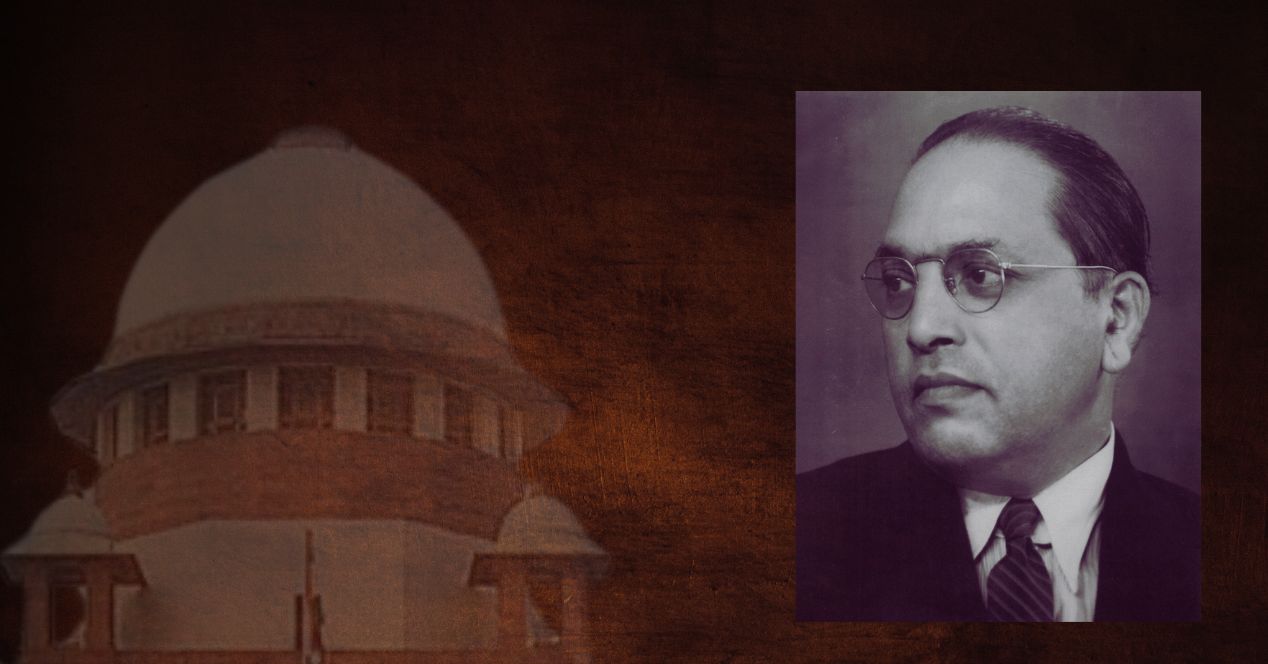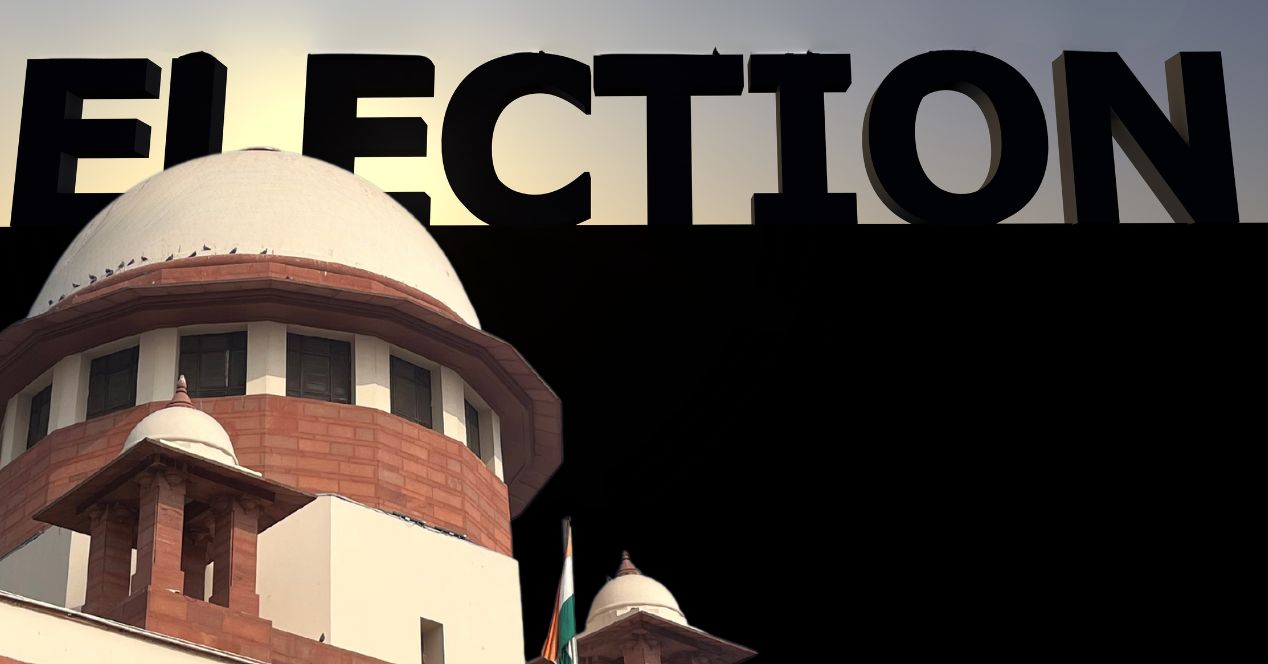Analysis
Breweries, refineries, treasuries
Two cases, three lists and a turf war between the Centre and states

You might have missed it in the headlines. Over the last couple of months, a nine-judge bench of the Supreme Court heard arguments in two matters that didn’t make as much noise as other Constitution Bench cases.
Taxation of mines and minerals and the regulation of industrial alcohol may not excite the public like Article 370, Electoral Bonds or even legislator immunity, but the issues at play have wide implications for the balancing act that is Centre-state relations.
In both these cases, the states argued that the Union has breached the constitutional compact of federalism by stepping on their toes. Civics lessons from senior secondary school have come alive in Court with the Union, State and Concurrent Lists being evoked to make the case for domain encroachment.
In Mineral Area Development Authority, which I covered over eight days, Entry 50 of the State List is at the centre of the storm. It provides that the State can legislate on “taxes on mineral rights subject to any limitations imposed by Parliament by law relating to mineral development.” The Court has to decide whether the limitation imposed by Parliament includes the power to collect tax. Entry 54 of the Union List grants Parliament the power to make laws for the regulation and development of mines and minerals.
With Lalta Prasad, my colleague Gauri Kashyap sat in on the hearing that went into the details of Entry 52 of the Union List, which allows Parliament to make laws to regulate any industry on the ground of ‘public interest.’ In this case, state governments are fighting to protect the turf granted to them by Entry 8 of the State List, which allows them to regulate ‘intoxicating liquors.’ Given these powers, the central factual question in the case is about who is allowed to regulate industrial alcohol.
In Lalta Prasad, the Court examined the seven-judge bench decision in Synthetics & Chemicals Ltd. v State of Uttar Pradesh (1989), where the Court interpreted “intoxicating liquor” to mean potable liquor and held that states could only regulate alcohol meant for consumption. The Bench highlighted that the Industries (Development and Regulation) Act, 1951, grants the Union control over industrial alcohol. Similarly, in the mines and minerals case, the Bench revisited India Cements v State of Tamil Nadu (1989), where it was held that “royalty” paid to the state government under the Mines and Minerals (Development and Regulation) Act, 1957, constitutes a tax. Consequently, state governments cannot impose additional taxes on mining.
In both cases, state governments have relied on their “exclusive powers” (a phrase used in Article 246, which lays down the delineation) to make laws relating to entries in the State list. They have contended that, where legislative subjects intersect, the Union can only encroach upon state subjects with an explicit declaration. They argued that neither the Mines and Minerals Act nor the Industries Act contain such declarations. To advance this position, state governments relied on the legal doctrine of ‘occupied field’, which mandates that one level of government cannot intervene in a subject matter that is within the powers of another level of government.
The Union, on its part, argued that its actions promote cooperative federalism and maintained a balance of powers. In Lalta Prasad, the Attorney General asserted that although the powers of the Union and the states were distinct under Article 246, the divisions were not “rigid like the Berlin Wall”—rather, they intermingled with each other. The Solicitor General argued that an express declaration is unnecessary–it was enough for the “architecture” of the Mines and Minerals Act to suggest that states cannot tax minerals.
In both cases, the Union argued that even as the division of powers are interlinked, their own is on a higher pedestal, as demonstrated by the ‘subject to’ wording in the mineral rights entry of the State List and the ‘public interest’ imperative in Entry 52 of the Union List.
Revenue from mineral taxation is vital for states like West Bengal and Jharkhand so the outcome of these cases could have significant financial implications. Similarly, excise duty on alcohol substantially fills the coffers of state governments. ‘Regulation’ is really a euphemism for ‘taxation’ which is really a euphemism for ‘revenue.’
And so we have a situation where even state governments run by the Bharatiya Janata Party and its allies find themselves at odds with the Centre. They are resisting the “common good” and “national interest” argument of the Union by stressing the importance of preserving federalist principles.
I’ll admit that after the excitement of some of the juiciest Constitution Bench cases over the past few months, the thought of covering Mineral Development and Lalta Prasad didn’t exactly get the blood rushing in our newsroom. But now, after seeing the paradoxes and safeguards of democratic federalism playing out in practice, we’re very much seated to see on which side the coin falls.
— Advay Vora, Assistant Editor
This article was first featured in SCO’s Weekly newsletter. Sign up now!




